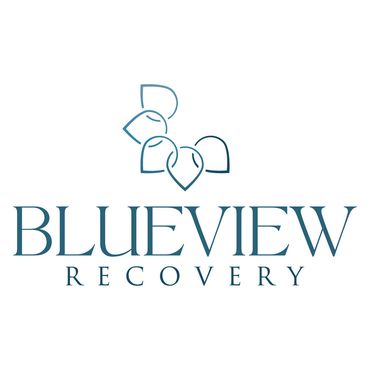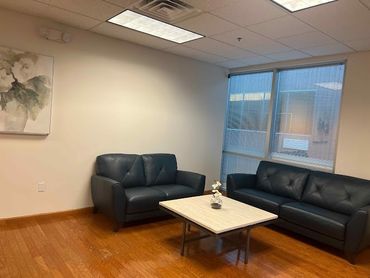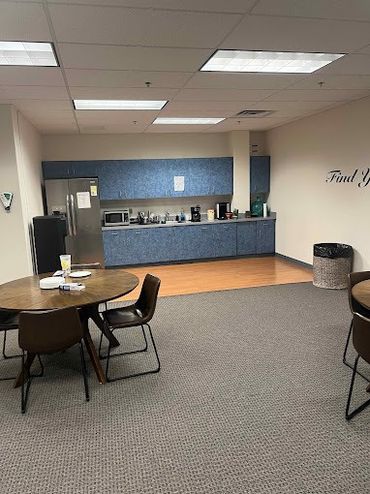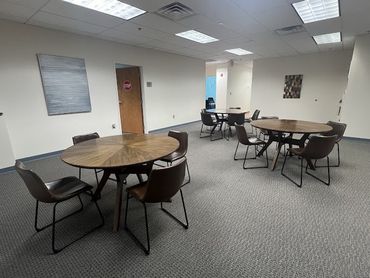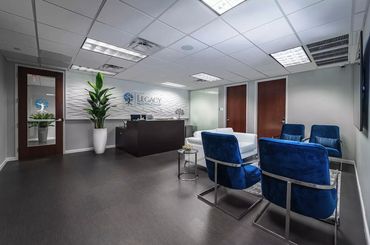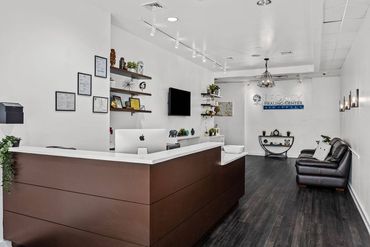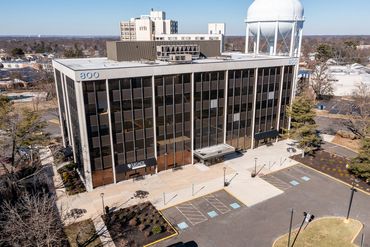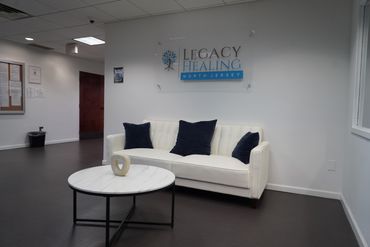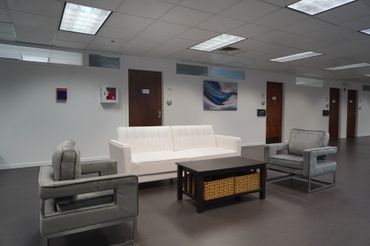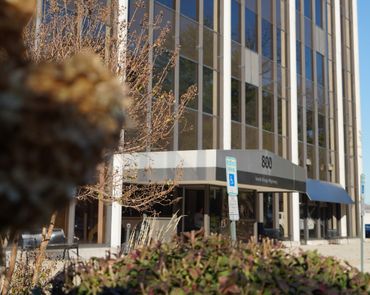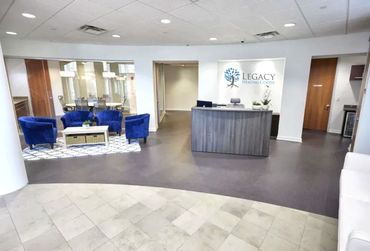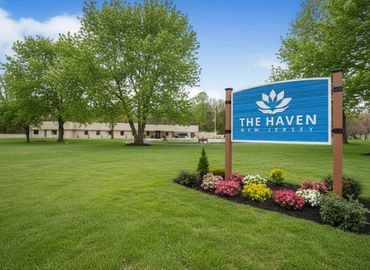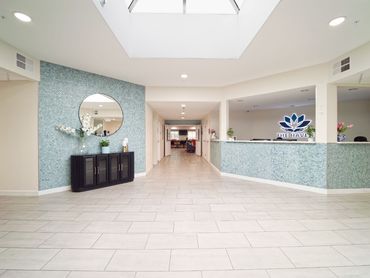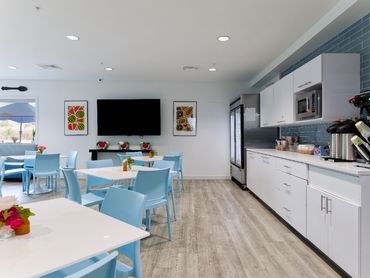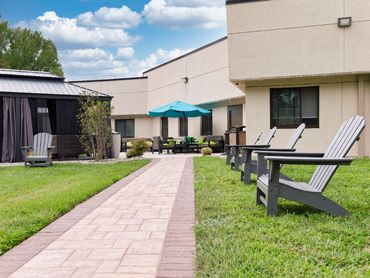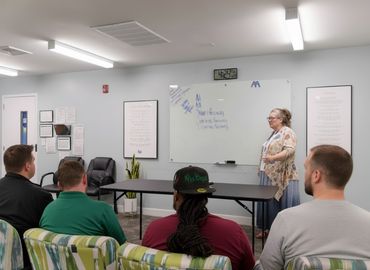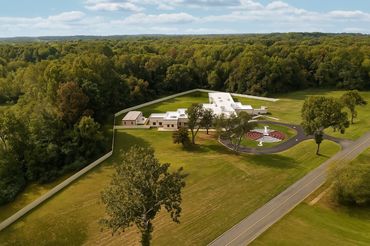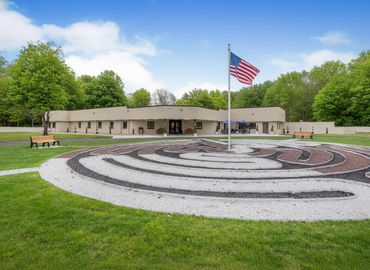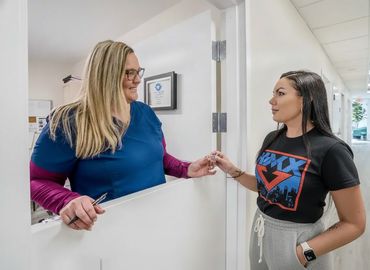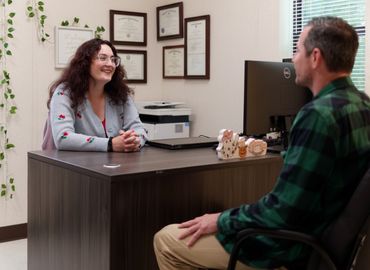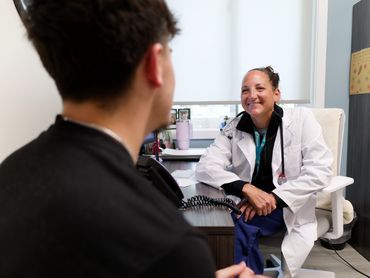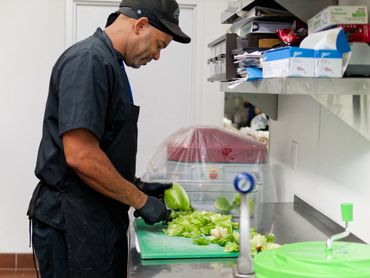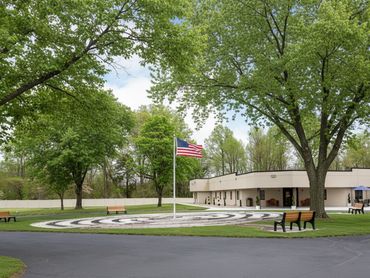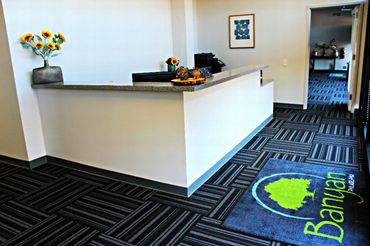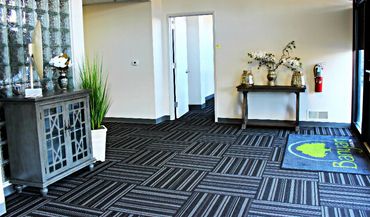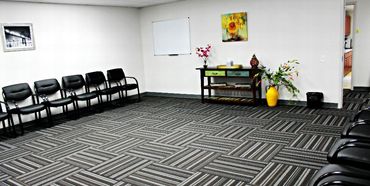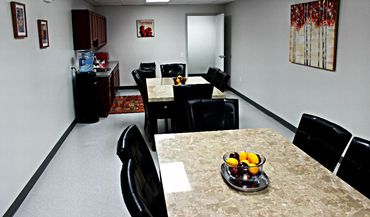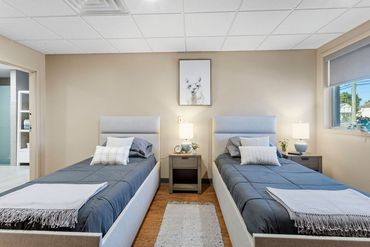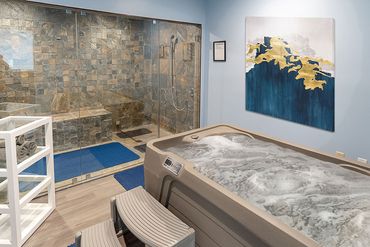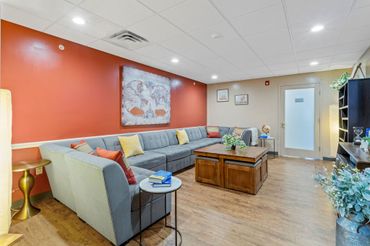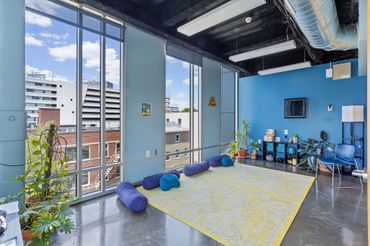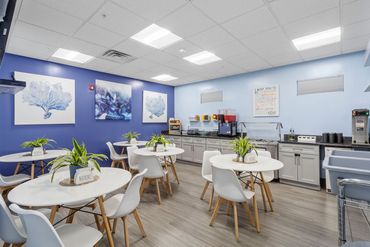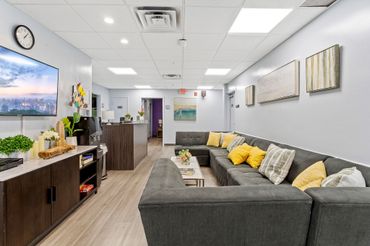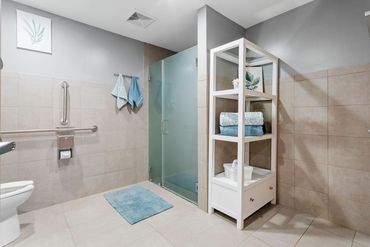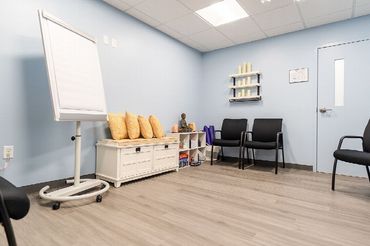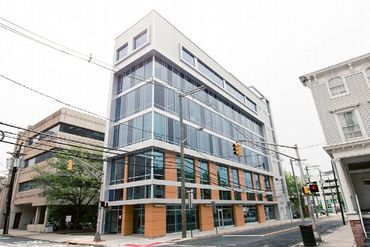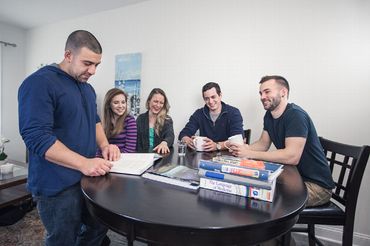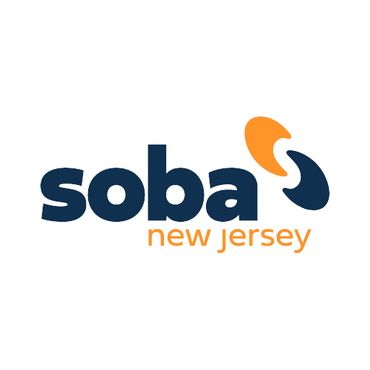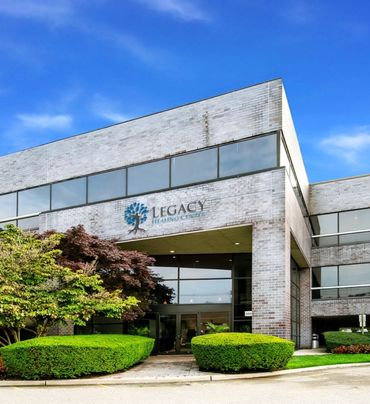
Drug & Alcohol Rehab Centers near Devon, PA
Taking the first step towards recovery from substance use disorder is a crucial decision, especially in Devon, Pennsylvania. It is essential to not only seek treatment but also understand the available payment options.
Treatment Centers near Devon, PA
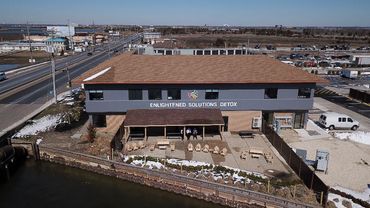
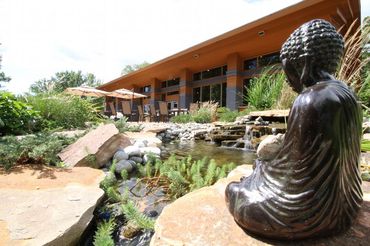
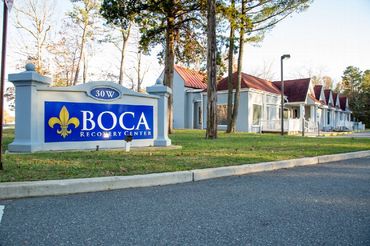
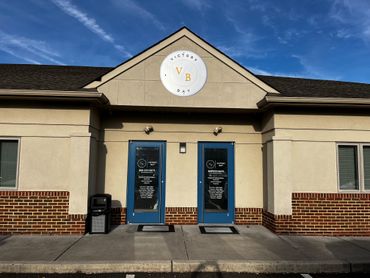

Open to Travel? Check out Top-Rated Options
All Treatment Centers near Devon, PA
Are You Covered For Treatment?
- Philadelphia Rehabs
- Pittsburgh Rehabs
- Erie Rehabs
- Lancaster Rehabs
- York Rehabs
- Washington Rehabs
- Altoona Rehabs
- Wilkes Barre Rehabs
- Harrisburg Rehabs
- Scranton Rehabs
Information About Rehab in Devon
Latest Reviews
Latest Reviews of Rehabs in Pennsylvania
Recovery Centers of America at Devon
Certain staff had a strong ability to relate to my experience and were able to understand my situation.
Area Information
Nestled in the scenic landscapes of Pennsylvania, Devon boasts a rich blend of historical charm and modern amenities. Located in Chester County, this community displays a suburban feel with a small population. With its proximity to urban centers and various nearby recreational opportunities, Devon provides a welcoming backdrop for both residents and visitors.
Substance Misuse and Addiction in Devon, Pennsylvania
Chester County is grappling with a significant drug misuse and addiction problem. Between January 1, 2020, and June 30, 2020, the Chester County Coroner’s Office confirmed 58 deaths due to accidental drug overdoses.1 These numbers underscore the urgent need for accessible addiction treatment resources to address this alarming trend and support those affected by substance abuse in the community.
Drug and Alcohol Rehab
Rehabilitation offers various programs and options to address addiction and aid in the path to recovery. With diverse treatment tracks and specialized programs, rehab centers cater to individual needs, ensuring a comprehensive approach to healing.
What Happens in Drug and Alcohol Rehab?
Entering rehab involves navigating multiple levels of care, including detox, inpatient, outpatient, and aftercare. Recognizing that each individual’s journey is unique, these stages cater to individuals at different points in their recovery, providing tailored support to address specific needs.
Detox Programs
Within the realm of substance use disorder treatment, detoxification serves as the critical first phase. Medically monitored, detox programs are designed to help individuals safely and systematically withdraw from addictive substances. The process involves close supervision by healthcare professionals who administer medications to alleviate the often-unpleasant withdrawal symptoms. This phase is indispensable for clearing the body of toxins, establishing a foundation for the subsequent stages of treatment. Detoxification is a vital step towards physical stabilization, providing individuals with a solid platform from which to embark on their journey to recovery.
How Long Is Detox in Rehab?
The duration of detoxification is a nuanced aspect that hinges on various factors, including the type of substance abused, the individual’s overall health, and the severity of the addiction. Generally spanning a period of 3 to 7 days, this phase aims to address the immediate challenges of withdrawal.
Inpatient Drug and Alcohol Rehab
Inpatient treatment programs represent a comprehensive and immersive approach to addiction recovery. These programs typically involve a residential stay in a controlled environment where individuals receive 24/7 care and support. The duration of inpatient programs is often set at 30 days, although it can be extended to 60 or 90 days based on individual needs.
In this structured setting, therapy plays a pivotal role, encompassing both individual and group sessions. The goal is not only to address the addiction itself but also to delve into underlying issues and potential co-occurring disorders. The communal aspect of group therapy fosters a sense of shared experience, creating a supportive network among individuals on the path to recovery. The comprehensive nature of inpatient drug rehab aims to equip individuals with the tools needed for sustained recovery beyond their residential stay.
Outpatient Drug and Alcohol Rehab
Outpatient treatment represents a more flexible approach to addiction recovery, allowing individuals to receive care while maintaining aspects of their daily life. These programs are suitable for those with a supportive home environment and a lower risk of relapse. Outpatient treatment involves various therapeutic modalities, including individual counseling, group therapy, and educational sessions. While the flexibility of outpatient programs is an advantage, it requires a higher level of personal responsibility in maintaining sobriety. Outpatient drug rehab works by providing individuals with the tools for aftercare and relapse prevention, emphasizing the integration of recovery principles into daily life.
How Much Does Rehab Cost?
Navigating the financial aspect of rehab may seem daunting, but it shouldn’t deter individuals from seeking help. Various options exist for covering treatment costs, such as:
- Payment Plans
- Government Grants and Scholarships
- Free Rehab
- State-Funded Rehab
Does Insurance Cover Drug and Alcohol Rehab?
It’s important to note that many insurances cover at least a portion of rehab costs. Understanding the coverage options and the ins and outs of drug rehab insurance can help alleviate financial concerns associated with seeking treatment. Widely accepted insurances include:
Finding The Best Rehab Center
Devon, Pennsylvania Drug and Alcohol Rehab Facilities
Our rehab locator tool aids individuals in finding nearby facilities, helping them choose the best treatment option, whether in Pennsylvania or elsewhere. While staying in-state is an option, oftentimes seeking treatment out of state is recommended for reduced distractions and enhanced focus on recovery.
Sources
- Chester County Office of the Coroner. Chester County Coroner’s Office 2020 Mid-Year Report on Fatal Drug Overdoses. August 6, 2020.
